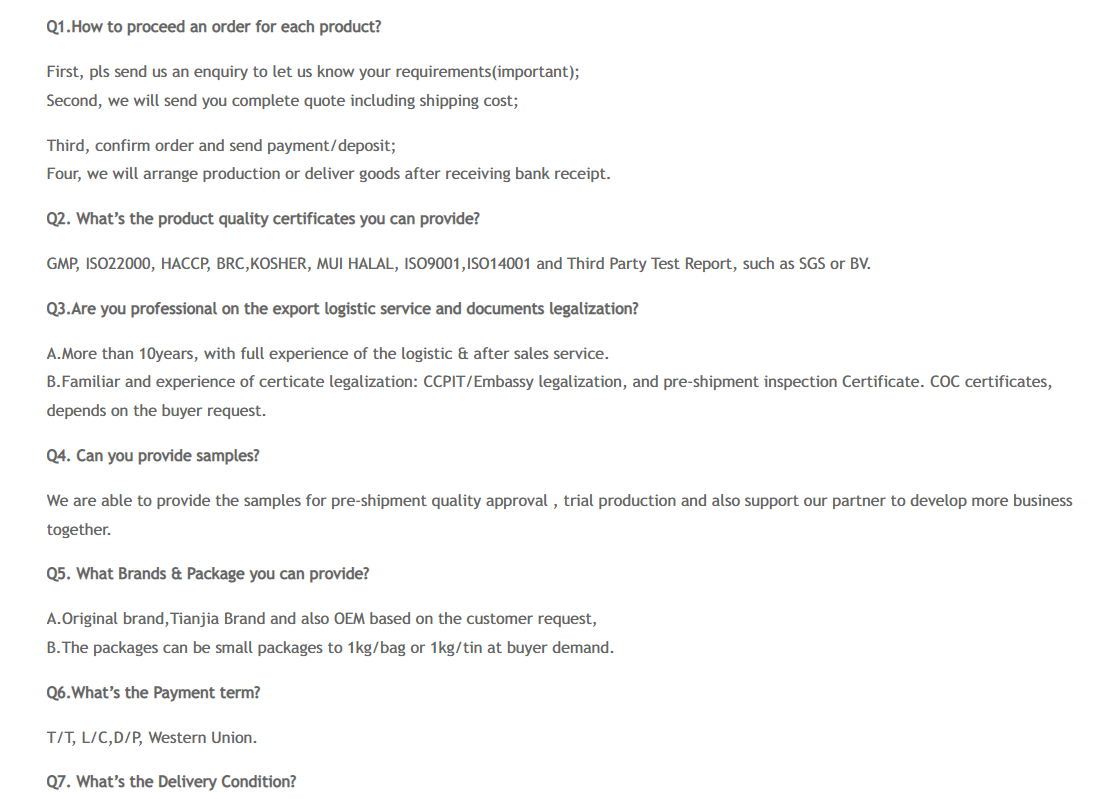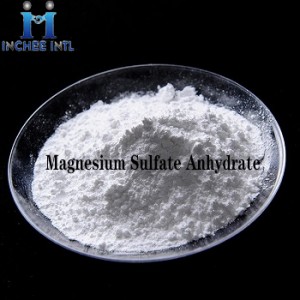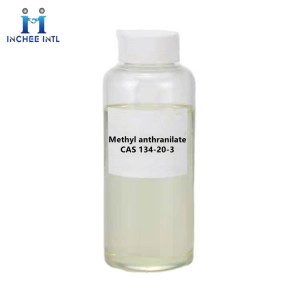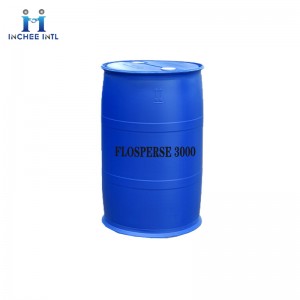Manufacturer Good Price Ammonium Chloride CAS:12125-02-9
Synonyms
Ammonium Chloratum; Ammonium Chloridum; Ammonium Muriate; Sal Ammonia; Salmiac
Applications of Ammonium Chloride
Ammonium chloride, (industrial grade) Ammonium chloride (referred to as "chloramine", also known as halogen sand, chemical formula: NH4Cl) is colorless cubic crystal or white crystalline powder. It tastes salty and slightly bitter and belongs to acid salt. Its relative density is 1.527. It is soluble in water, ethanol and liquid ammonia but insoluble in acetone and ether. The aqueous solution is weakly acidic, and its acidity is enhanced while heating. When heated to 100 ° C, it begins to significantly volatilize, and when heated to 337.8 ° C, it will dissociate into ammonia and hydrogen chloride, which, on cold exposure, will re-combine to produce small particles of ammonium chloride and white smoke that is not easy to sink and very difficult to be dissolved in water. When heated to 350 ° C ,it will sublimate and when 520 ° C, it will boil. Its moisture absorption is small, and in the wet rainy weather can absorb moisture to cake. For the ferrous metals and other metals, it is corrosive, which, in particular, has greater corrosion of copper but no corrosion of pig iron. Ammonium chloride can be obtained from the neutralization reaction of ammonia and hydrogen chloride or ammonia and hydrochloric acid (reaction equation: NH3 + HCl → NH4Cl). When heated, it will decompose into hydrogen chloride and ammonia reaction (equation: NH4Cl → NH3 + HCl) and the reaction is only to the right if the container is open system.
Ammonium chloride is mainly used for dry batteries, storage batteries, ammonium salts, tanning, plating, medicine, photography, electrodes, adhesives, etc. Ammonium chloride is also an available nitrogen chemical fertilizer whose nitrogen content is 24% to 25%. It is a physiological acidic fertilizer and suitable for wheat, rice, corn, rapeseed and other crops. It have the effects of enhancing fiber toughness and tension and improving quality especially for cotton and linen crops. However, due to the nature of ammonium chloride, if the application is not right, it will bring some adverse effects to soil and crops.
Technical conditions: the implementation of the People's Republic of China national standard GB-2946-82.
1. Appearance: white crystal
2. ammonium chloride content (dry basis) ≥ 99.3%
3. moisture content ≤1.0%
4. sodium chloride content (dry basis) ≤0.2%
5. iron content ≤0.001%
6. heavy metal content (in terms of Pb) ≤0.0005%
7. water insoluble content ≤0.02%
8. sulfate content (in terms of SO42-) ≤0.02%
9. pH: 4.2-5.8
Ammonium chloride is used as a thickener and as an additive in non-alcoholic toners. According to cosmetic formulators, the ammonium component provides the tingling or stinging sensation that some people associate with toners or aftershaves, and which, in regular toners, is usually provided by the alcohol content. Ammonium chloride’s use is the result of preference in formulation feel.
Ammonium Chloride is a dough conditioner and yeast food that exists as colorless crystals or white crystalline powder. approximately 30–38 g dissolves in water at 25°c. the ph of a 1% solution at 25°c is 5.2. it is used as a dough strengthener and flavor enhancer in baked goods and as a nitrogen source for yeast fermentation. it is also used in condiments and relishes. another term for the salt is ammonium muriate.
White crystals made by ammonia salts acting upon hydrochloric acid followed by crystallization. Ammonium chloride is also known as sal ammoniac. Soluble in water and alcohol, ammonium chloride was used as a halide in many processes, including the salted paper, albumen paper, albumen opaltype, and gelatin emulsion processes.



Specification of Ammonium Chlorid
|
ITEM |
|
|
Appearance |
White Crystalline |
|
Ammonium Chloride Content |
≥99.6 |
|
Moisture |
≤0.7 |
|
ignition residue |
≤0.3 |
|
Ferrum content |
≤0.007 |
|
Metal |
≤0.0003 |
|
Sulphate |
≤0.015 |
|
PH (200 /123℃ |
4.0-5.8 |
Packing of Ammonium Chloride


25kg/bag Ammonium chloride
Storage should be at cool, dry and ventilate.

FAQ
















